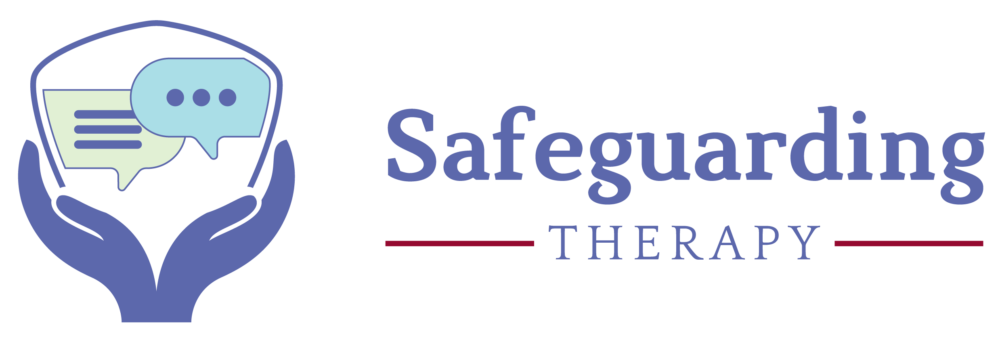
My Therapist Becomes Confrontational
When you’re in therapy, you’ll discuss uncomfortable topics, which is essential to your healing.
However, you should always feel safe asking questions of your therapist. Your therapist should be open to your questions and concerns about where discussions might be leading. These discussions allow you to better understand your therapy and feel empowered in your own mental health journey.
Now, keep this possibility in mind:
Perhaps it is just your perception that your therapist is being confrontational. It could be that the therapist is “pestering” you from many different angles, in an attempt to get you to talk about touchy subjects.
The therapist will be respectful of how to bring up sensitive topics, and might approach those topics differently with your needs in mind. It can be very difficult and scary to talk about our traumas or painful subjects. Remember that this is part of your healing. However, you can always tell your therapist how you are feeling, and your therapist can adjust their methods.
“Keep in mind that different approaches work with different people.”
You and your therapist just may need to make some adjustments. For example, if you were to work with a personal trainer, would you prefer the “drill sergeant” version or more of a “friendly coach” version? It’s similar to your therapist; you just need to communicate with them how you’re feeling.
Unfortunately, there is the rare therapist who may react unprofessionally when a client asks a question about their methods. A therapist might respond with confrontational or defensive behavior instead of encouragement and understanding. Obviously, this reaction undermines trust within your therapeutic relationship.
Ultimately, it’s up to you. If you are working with what you deem to be a confrontational therapist, perhaps it’s time to switch to a therapist who is a better fit.

